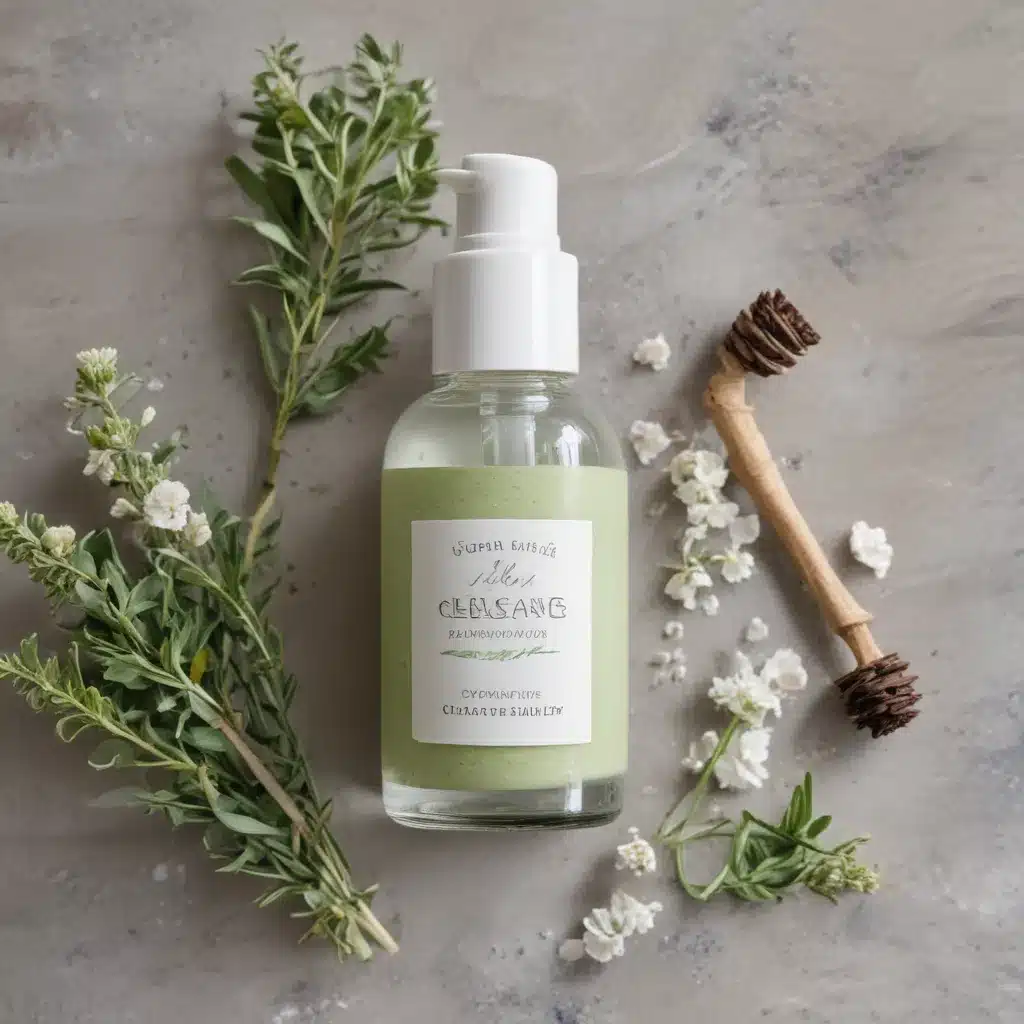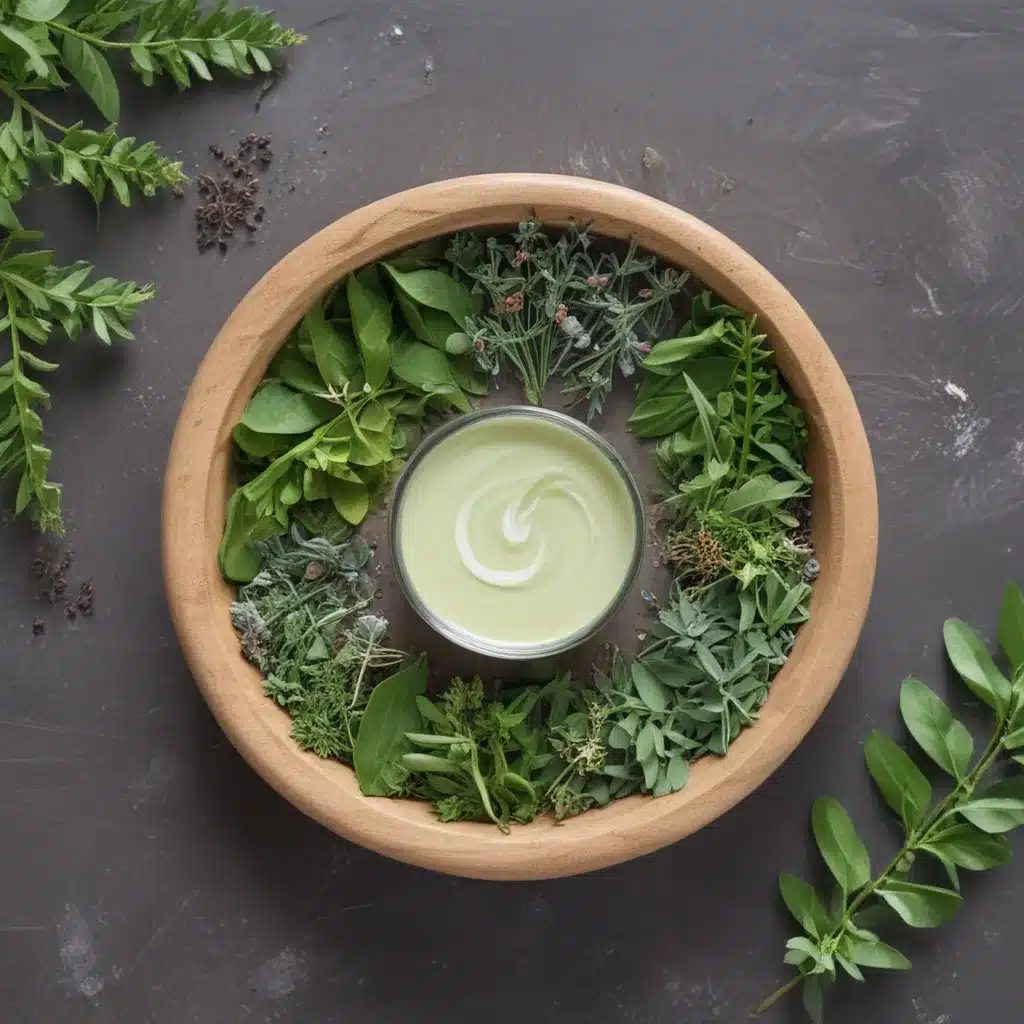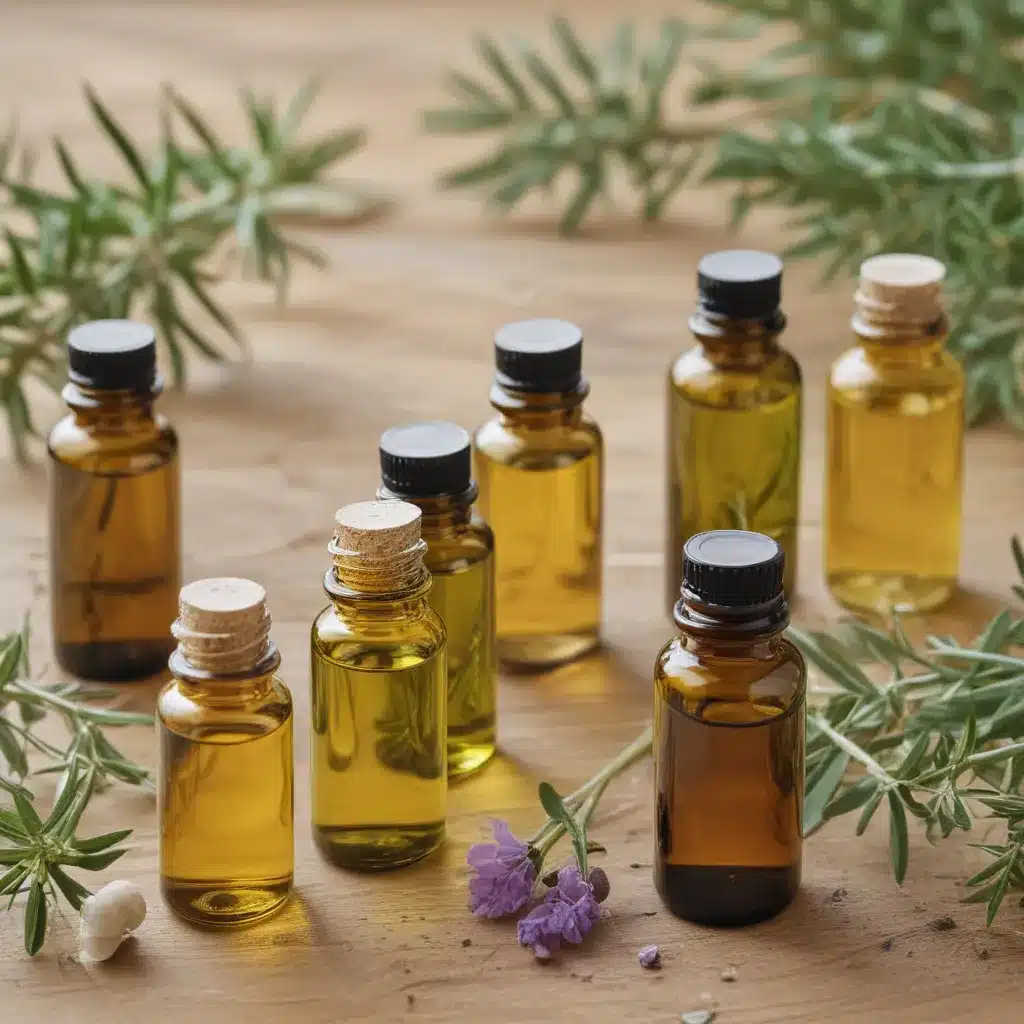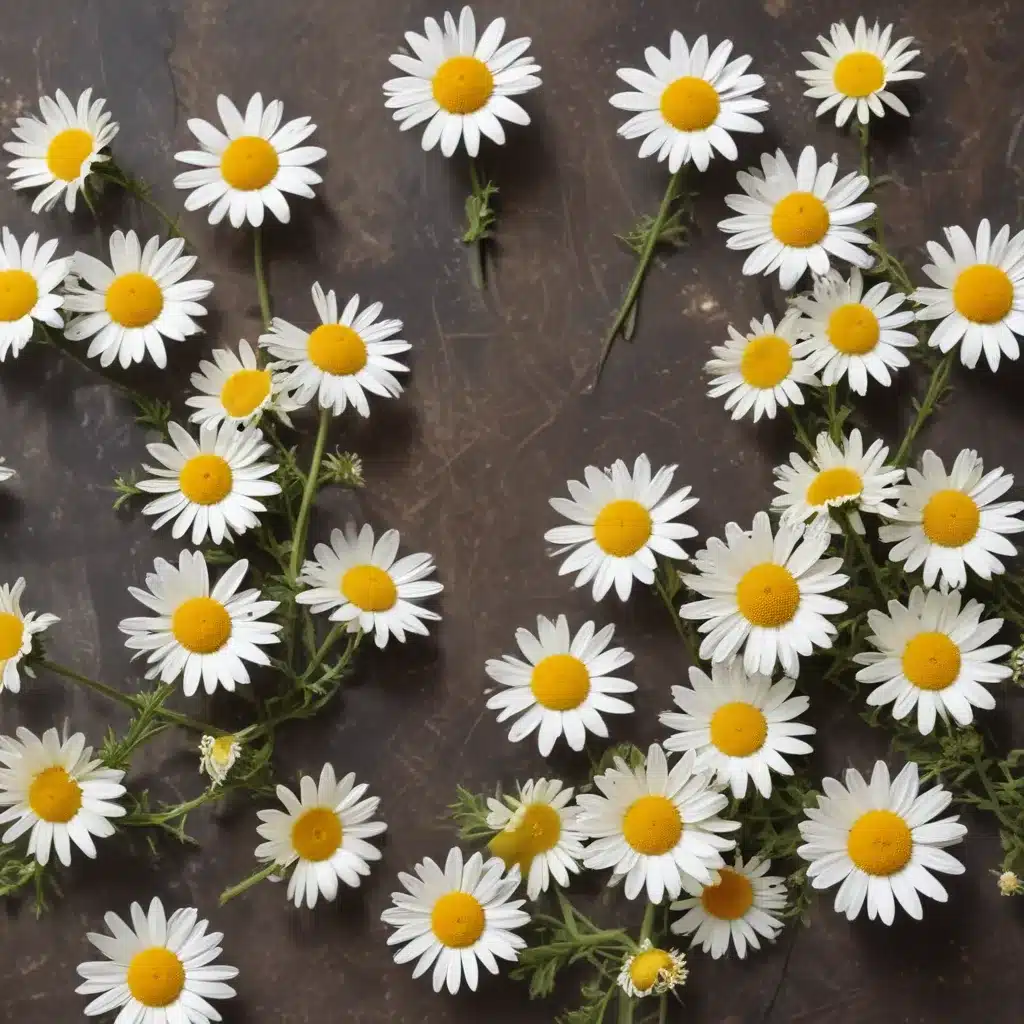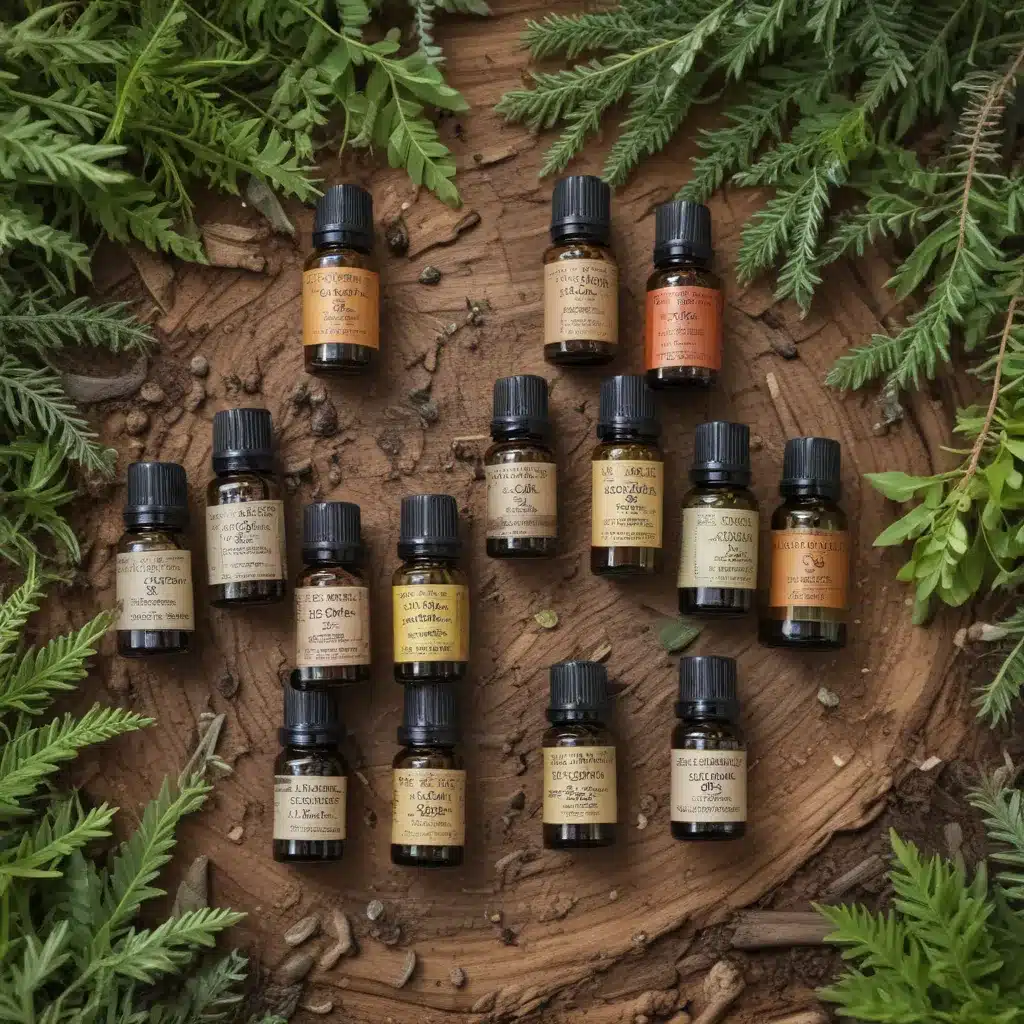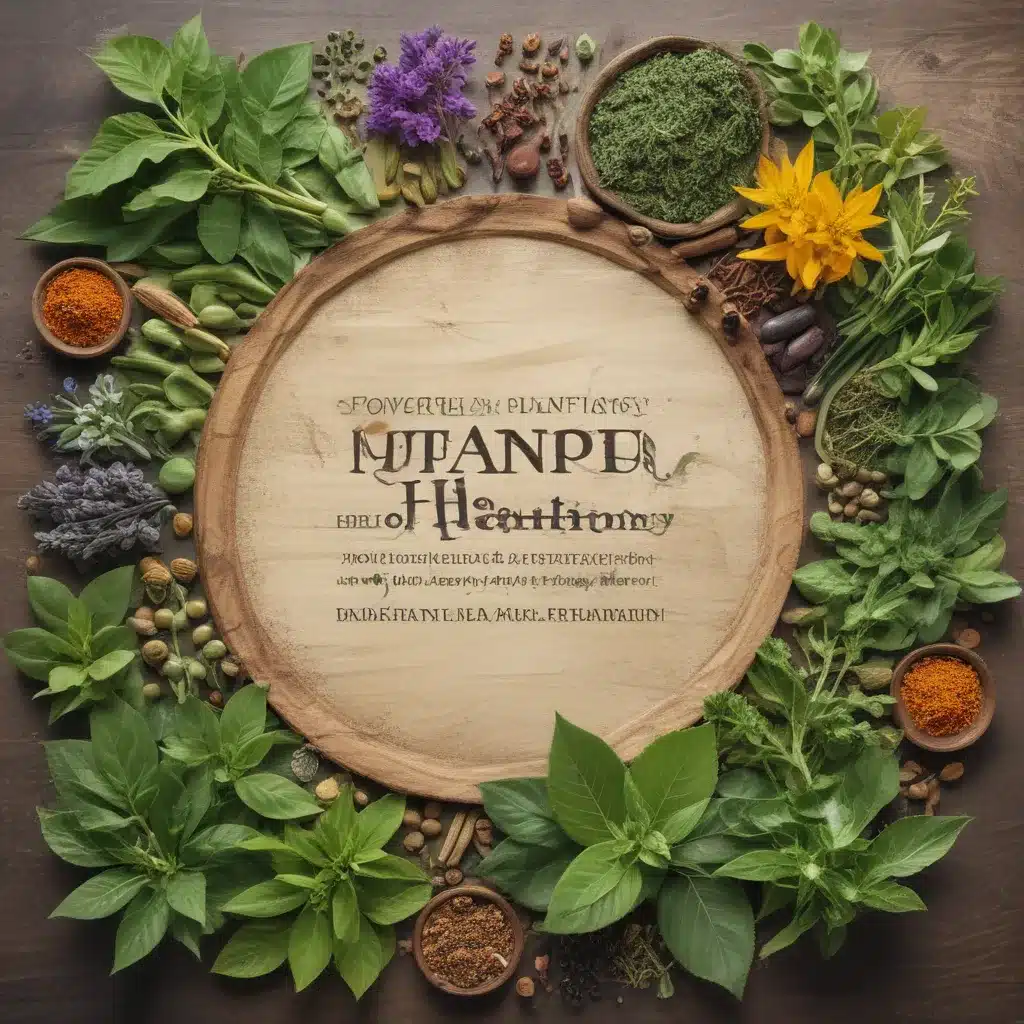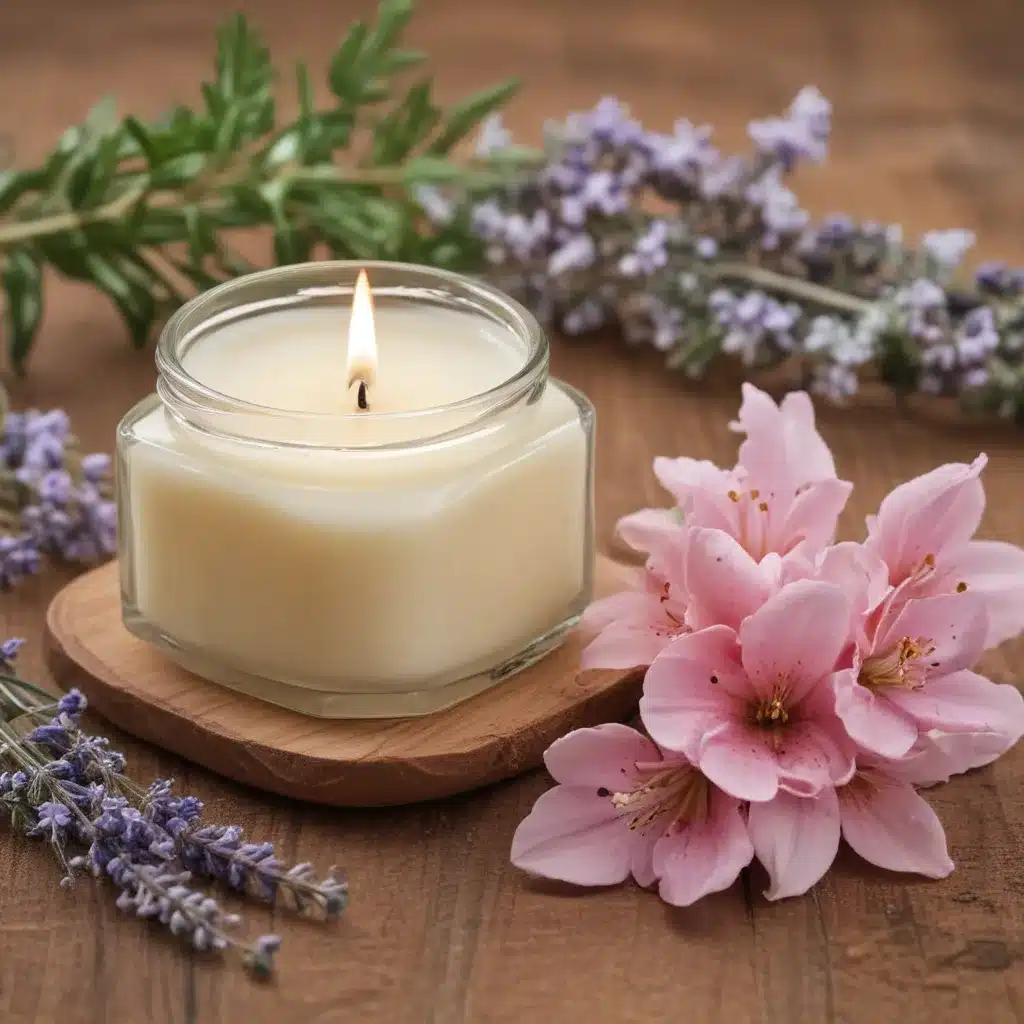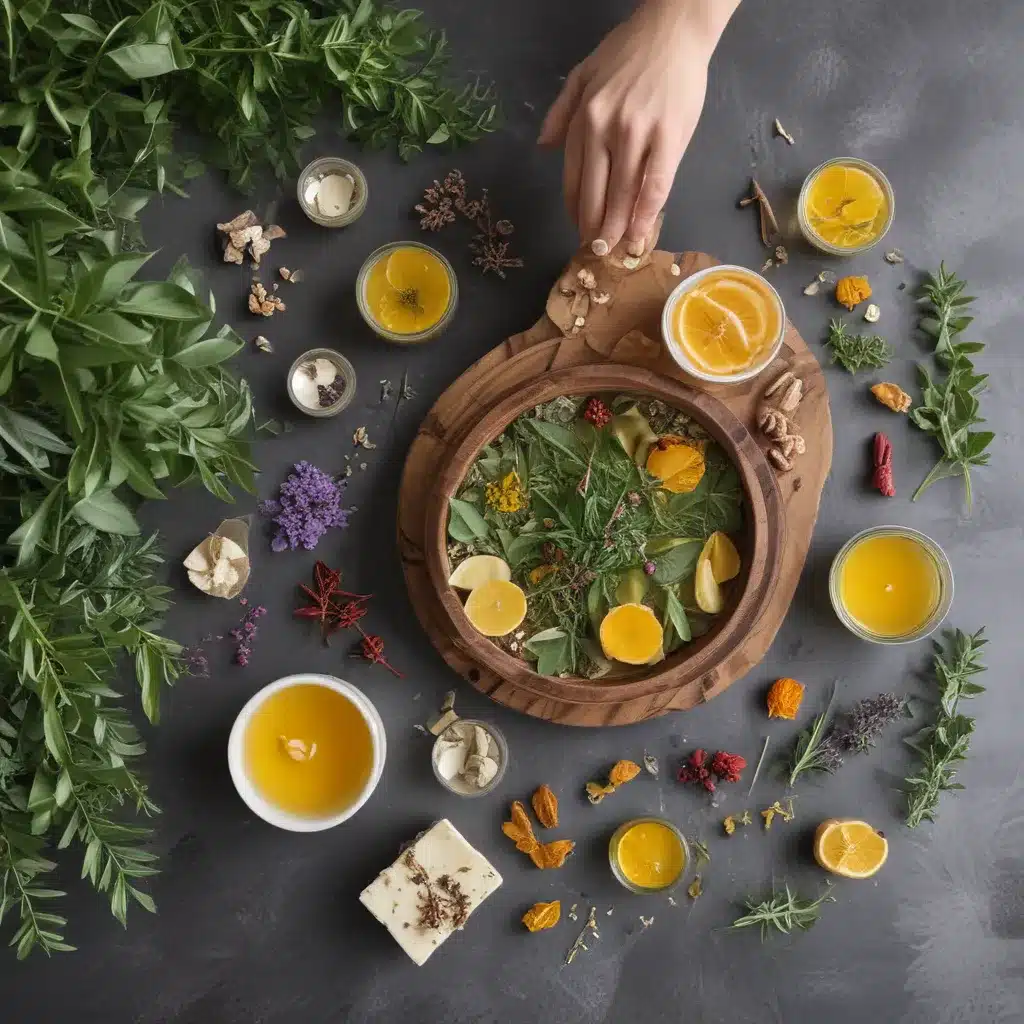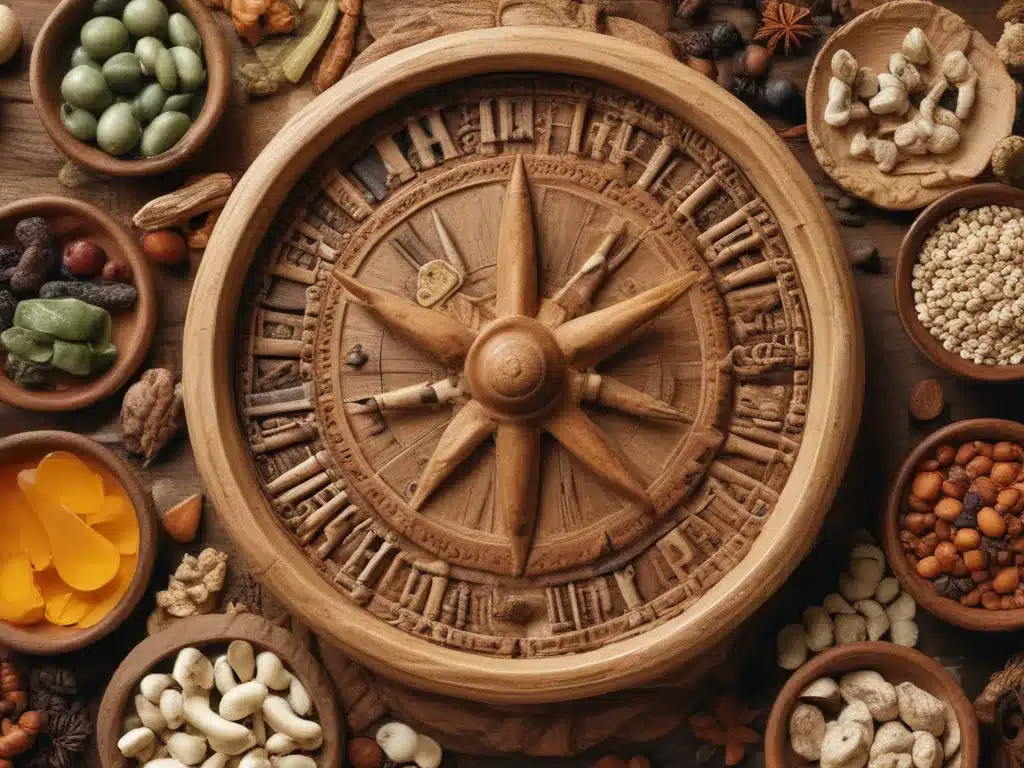
The Wisdom of Traditional Healing Practices
In our modern world, we often turn to the latest medical advancements and cutting-edge technology to address our health concerns. However, it’s important to remember that ancient civilizations possessed a wealth of knowledge when it came to healing the body and mind. These traditional practices, passed down through generations, offer valuable insights and remedies that can complement our current approaches to wellness.
One of the most fascinating aspects of ancient healing practices is their holistic approach. Unlike Western medicine, which often focuses on treating specific symptoms or ailments, traditional methods view the body as an interconnected system. They recognize that physical, emotional, and spiritual well-being are all intertwined, and that achieving balance is key to overall health.
From Traditional Chinese Medicine to Ayurvedic practices in India, these ancient systems of healing have stood the test of time. They incorporate a wide range of techniques, including herbal remedies, acupuncture, massage, meditation, and dietary modifications, to promote healing and prevent disease. By tapping into the wisdom of our ancestors, we can discover powerful tools for addressing the health challenges we face today.
Herbal Remedies: Nature’s Pharmacy
One of the cornerstones of ancient healing practices is the use of herbal remedies. For thousands of years, people have relied on plants and their medicinal properties to treat a wide range of ailments. From soothing digestive issues to boosting the immune system, herbs have played a vital role in maintaining health and well-being.
| Herb | Benefits |
|---|---|
| Ginger | Relieves nausea, reduces inflammation, aids digestion |
| Turmeric | Powerful anti-inflammatory, supports liver function, boosts brain health |
| Echinacea | Stimulates the immune system, helps fight colds and flu |
| Chamomile | Promotes relaxation, eases anxiety, supports digestive health |
| Garlic | Boosts immune function, lowers blood pressure, has antimicrobial properties |
What makes herbal remedies so appealing is their natural approach to healing. Unlike synthetic drugs, which can have unwanted side effects, herbs work in harmony with the body’s own healing mechanisms. They provide essential nutrients, antioxidants, and bioactive compounds that support optimal functioning of various systems within the body.
When incorporating herbal remedies into your health regimen, it’s crucial to do so under the guidance of a qualified practitioner. While many herbs are safe and well-tolerated, some can interact with medications or have contraindications for certain health conditions. By working with a knowledgeable herbalist or naturopath, you can ensure that you’re using herbs safely and effectively.
Mind-Body Practices: Cultivating Inner Balance
Another key aspect of ancient healing traditions is the emphasis on mind-body practices. These techniques recognize the profound impact that our thoughts, emotions, and stress levels can have on our physical health. By cultivating inner balance and harmony, we can create a solid foundation for overall well-being.
Meditation is one of the most powerful mind-body practices that has been used for centuries to promote relaxation, reduce stress, and enhance mental clarity. Studies have shown that regular meditation can have a positive impact on a wide range of health conditions, including:
- Anxiety and depression
- Chronic pain
- High blood pressure
- Insomnia
- Digestive disorders
In addition to meditation, practices such as yoga, tai chi, and qigong have also been used for thousands of years to promote physical and mental well-being. These gentle, low-impact exercises combine breathwork, movement, and mindfulness to create a sense of balance and inner peace.
Incorporating mind-body practices into your daily routine can have a profound impact on your overall health and well-being. Whether it’s taking a few minutes each day to meditate or attending a weekly yoga class, these practices can help you cultivate resilience, reduce stress, and promote healing from within.
The Power of Food as Medicine
In ancient healing traditions, food was often viewed as a powerful tool for promoting health and preventing disease. The concept of “food as medicine” recognized that the nutrients we consume have a direct impact on our physical, emotional, and spiritual well-being.
One of the most well-known examples of this approach is the Ayurvedic diet, which originated in India over 5,000 years ago. Ayurveda recognizes that each individual has a unique constitution, or dosha, that determines their optimal diet and lifestyle practices. By eating foods that balance your dosha and avoiding those that create imbalance, you can promote optimal health and prevent disease.
Similarly, Traditional Chinese Medicine emphasizes the importance of eating in harmony with the seasons and consuming foods that support the body’s natural healing processes. This approach recognizes that certain foods have specific energetic properties that can help to balance the body’s qi, or vital energy.
Some examples of foods that are commonly used in traditional healing practices include:
- Bone broth: Rich in minerals and collagen, bone broth supports digestive health and promotes healing of the gut lining.
- Fermented foods: Sauerkraut, kimchi, and other fermented foods contain beneficial bacteria that support digestive health and boost immune function.
- Green tea: High in antioxidants, green tea has been shown to have anti-inflammatory properties and may help to prevent chronic diseases such as heart disease and cancer.
- Mushrooms: Certain mushrooms, such as reishi and shiitake, have been used for centuries to boost immune function and promote overall health.
By incorporating these and other healing foods into your diet, you can tap into the wisdom of ancient traditions and support your body’s natural healing processes.
Integrating Ancient Wisdom into Modern Life
While ancient healing practices offer a wealth of knowledge and proven techniques for promoting health and well-being, it’s important to remember that they are not a substitute for modern medical care. Instead, they can be used as a complement to conventional treatments, providing additional tools and strategies for supporting the body’s natural healing processes.
If you’re interested in incorporating ancient healing practices into your life, it’s important to do so under the guidance of a qualified practitioner. Look for practitioners who have received training in traditional healing methods and who take a holistic approach to health and wellness.
It’s also important to remember that healing is a journey, not a destination. By incorporating ancient wisdom into your daily life, you can create a solid foundation for lifelong health and well-being. Whether it’s through herbal remedies, mind-body practices, or healing foods, there are countless ways to tap into the power of traditional healing practices and support your body’s natural ability to heal.
As we navigate the challenges of modern life, it’s more important than ever to remember the wisdom of our ancestors and to embrace the healing power of nature. By doing so, we can cultivate a sense of balance, resilience, and vitality that will serve us well in all aspects of our lives.


